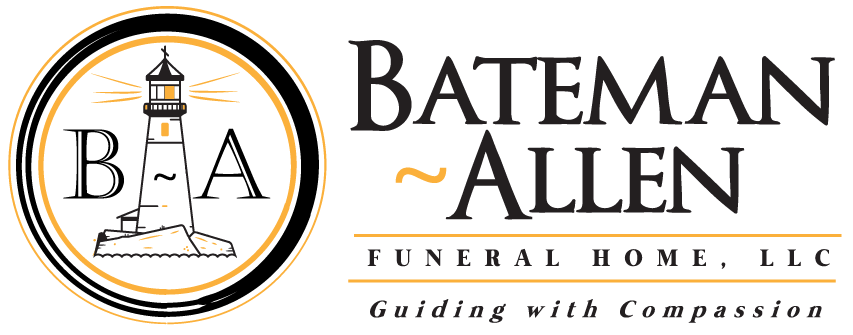
Creating a When I Die File, or what some call a death folder, can seem like a morbid idea. But hear us out on this: a When I Die File or death folder can be the most thoughtful, loving thing you do for your relatives and those you love. Read on to find out why.
What Is a When I Die File?
A When I Die File or death folder is simply an organized group of documents and lists that provide all necessary information your loved one(s) will need when you die. It includes everything from passwords to copies of important documents to wills and more.
These in case of death documents can help your loved ones in countless ways. As a funeral home that’s helped families navigate the hardest days of their lives for generations, we understand how challenging the logistics of death can be. We know that paperwork can be difficult to obtain and that accounts can be impossible to close unless certain measures were taken before a person’s death. Let’s break that down a bit.
What Should I Put In a When I Die File?
The answer to this question will vary depending on the particulars of your life. For instance, if you own a home, the documents you include will be different than someone who doesn’t own a home. But there are some common documents that are included in a death folder.
We’re going to break those documents down into two groups: legal or practical papers, and more sentimental or personal documents.

What Types of Documents Should I Put In a When I Die File?
The types of legal or practical documents that people often include in a When I Die File include those of both legal importance and those that have organizational value. For instance, it’s common to put a copy of your will (signed and notarized) in the file. If you own a home or other property, putting those deeds and any mortgage papers in the file is also important.
You should also include a master list of passwords for accounts (or consider setting up a password manager and including just the password for that service) and a list of all account numbers. Remember to include things like account numbers for utility services, streaming services, phone service, and internet service. Basically, anything that requires a payment should be included in the file so that your loved ones can access those files when you’ve passed.
Remember, too, to add a partner or adult child to your accounts as an authorized user. If you don’t, your loved ones will likely be required to provide a death certificate to close your account, which can take considerable time and energy. As a full-service funeral home, we can help your loved one get multiple copies of you death certificate for that reason, but if you add them to your accounts, it will be easier for them to settle your debts and close your accounts. This is especially important for utilities and other services like your cable or telephone provider.
You should also leave access to your social media accounts, if you have any, and any other websites that you have a presence on. If you have a personal website or blog, make sure to include that information.
What Other Things Should I Include In a Death Folder?
Some might argue that the most important documents you can include in a death folder are not at all practical in nature.
We’re talking about documents that address ensuring your loved ones know how you feel and what you want to leave behind. For example, if you are partnered, you might consider leaving a eulogy for your partner so that it can be read at their service in the unfortunate event that you pass first.
Or you might leave letters for your loved ones. These can be as detailed or as simple as you wish; but leaving something for someone you’ve loved or appreciated can mean the world to them.
You could also consider leaving an ethical will. An ethical will has nothing to do with property or monetary inheritance. Rather, it details who you’d like to inherit your more personal possessions. Do you have a beloved book you’d like to give to your grandchild? Or a collection of photos you’d want to bequeath to your nieces or nephews?
An ethical will can help your living loved ones understand how you’d like your less valuable but still meaningful belongings divided after your death. It can also tell your loved ones more about you and what you valued. You might include a list of favorite books or songs, quotes that inspired or moved you, or hand-written copies of recipes that are meaningful to your family.
An ethical will does not take the place of a legal will, but it can provide a better, more detailed picture of what matters to you and why.
Make Your Wishes Known
If you haven’t already, you can include instructions about your desired funeral or burial plans in your When I Die File. This can be a way of ensuring that your loved ones know that you want a certain song played at your service even if having that discussion is too difficult for one or both of you.
A When I Die File Template
The truth is, there is no one-size-fits all list of documents that should be included in your death folder. But you can use this post as a guideline to which types of documents might best reflect your unique circumstances and life.
Working with families in Pennsylvania for generations, we’ve learned to listen to what our clients want when they are planning services to celebrate and mourn a loved one. We know how important working with an experienced funeral home can be, but we also know that starting that process is easier when it’s done in advance.
At Bateman-Allen Funeral Homes, what matters most to us is that we can meet you where you are and provide services that will honor your loved one. Our website is full of articles about funeral pre-planning and ideas of how to live with grief. We hope these help, and we’re always here to answer the questions you have.



Recent Comments